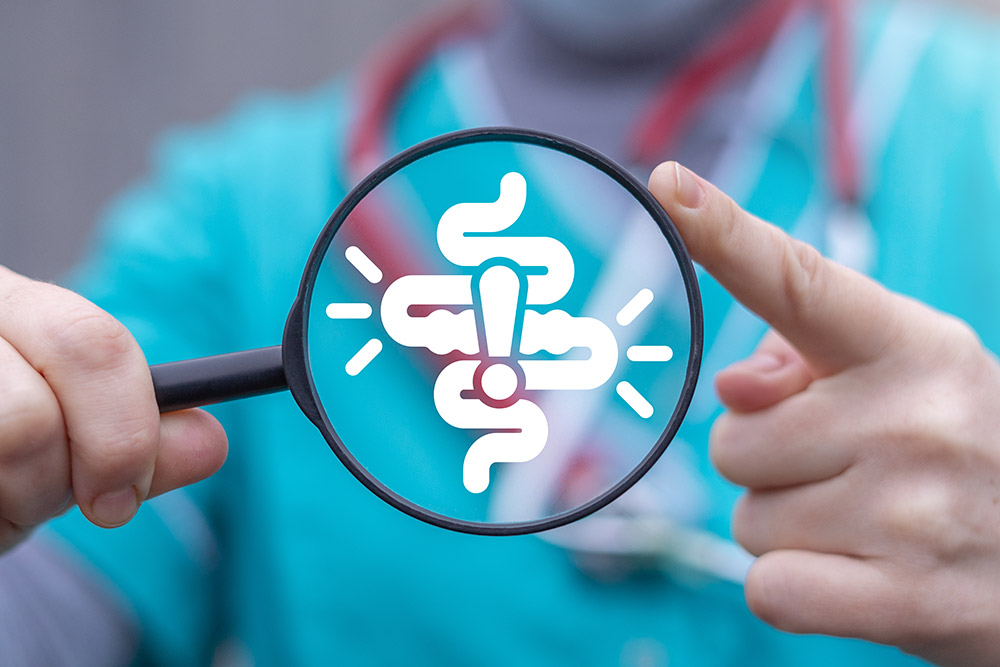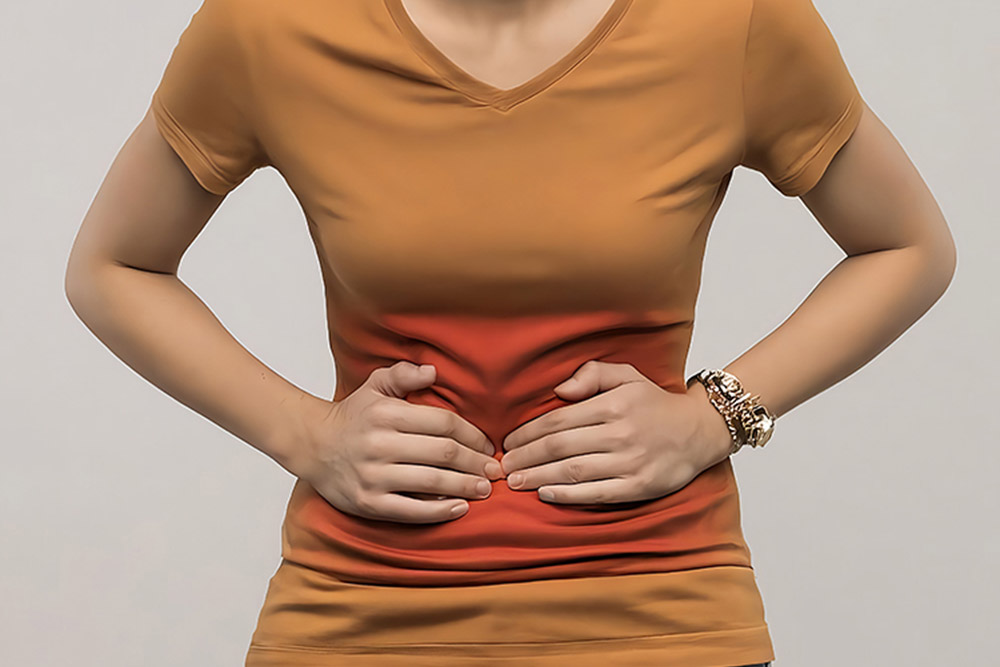How Dr. Nghia Nguyen Diagnoses Eosinophilic Jejunitis?
Dr. Nguyen uses a step-by-step approach:
Medical History and Physical Exam
He reviews your symptom pattern—especially epigastric pain—food triggers, allergy history, and any prior GI issues.
Blood Tests
Complete blood count checks for elevated eosinophils and rules out other causes of inflammation.
Endoscopic Evaluation
- Upper endoscopy visualizes the duodenum and proximal jejunum for swelling or mucosal changes.
- Balloon-assisted enteroscopy may be used to reach deeper segments if needed.
Tissue Biopsy
Multiple biopsy samples from the jejunal wall are examined microscopically to confirm eosinophil infiltration.
Allergy and Immunology Testing
Skin-prick or serum IgE panels help identify food or environmental allergens contributing to your symptoms.
Frequently Asked Questions
What is eosinophilic jejunitis?
Eosinophilic jejunitis is a rare disorder in which eosinophils, a type of white blood cell, accumulate in the jejunum (middle portion of the small intestine), leading to inflammation and digestive problems.
What are the symptoms?
Common symptoms include belly pain or cramps, nausea or vomiting, diarrhea or loose stools, bloating or gas, and unintentional weight loss.
How is it diagnosed?
Diagnosis involves a review of your medical history, blood tests to measure eosinophil levels, an endoscopy to visualize the small intestine, and a biopsy of intestinal tissue for confirmation.
How is it treated?
Treatment typically includes an elimination diet guided by a dietitian, medications such as steroids or leukotriene blockers, allergy medicines if needed, and occasional balloon dilation to relieve strictures.
What causes eosinophilic jejunitis?
Although the exact cause is unknown, common triggers include food allergies (e.g., milk, soy, wheat), a family history of allergies or asthma, autoimmune factors, and environmental allergens like pollen or mold.
Can diet changes help?
Yes. An elimination diet can identify and remove trigger foods, and a structured reintroduction plan helps establish a safe, balanced diet that reduces symptoms.
Is eosinophilic jejunitis common in Houston?
No, it's rare, but Dr. Nguyen at GastroDoxs sees and treats many patients from across the Houston area using the latest protocols and personalized care plans.













